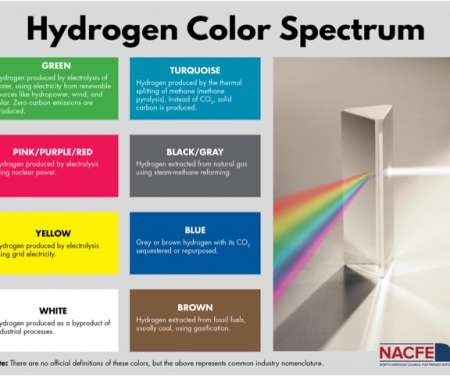Study finds renewable fuel mandates alone not likely to lower carbon intensity of biofuels; the importance of localized LCAs and optimized low carbon fuel standards
Green Car Congress
NOVEMBER 19, 2011
In a paper published in the journal Energy Policy , the team suggests that more effective policies would evaluate fuels at the refinery level, thereby creating incentives for GHG emissions to be lowered through competition as low GHG emission fuels have higher economic value to blenders. —Boies et al.























Let's personalize your content